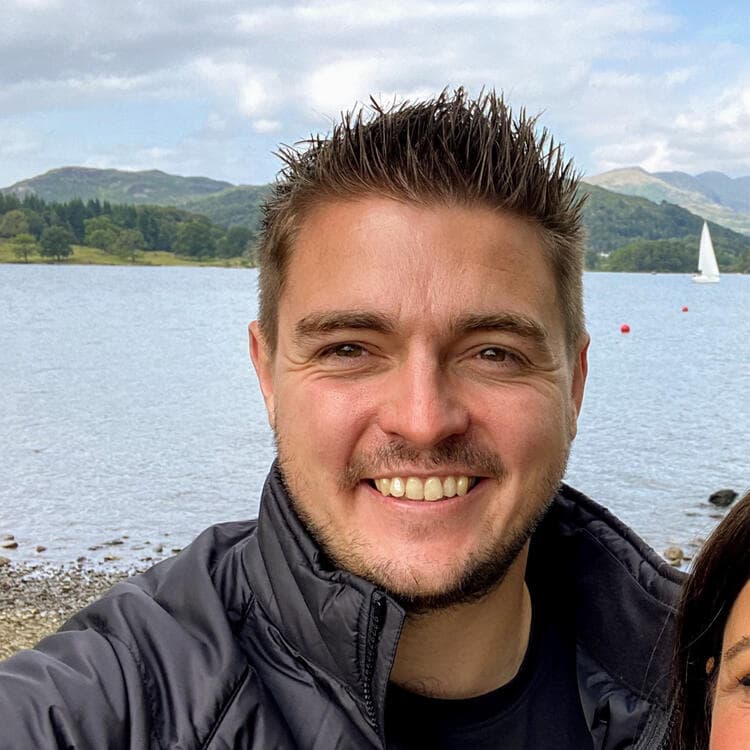What now for the decent majority of front line cops in the aftermath of the Casey report?
As a former police officer of 9 years, reading the Casey report into the MET, I have a confession to make.
I too have been "flicked in the genitals" by colleagues.
They were (and still are) friends of mine. We would laugh, joke, tease, make all sorts of inappropriate comments, but it all genuinely felt like we were supporting each other through daily traumas of:
- Finding corpses of adults and sometimes children.
- The scary fights, the assaults, and the pressure of justifying defending yourself.
- The victims and the tragic circumstances you are too often powerless to help.
- Marital / family struggles caused by the overtime and impossible to comprehend commitment to the job.
I wouldn't trade those experiences for anything - but I do recognise they’re not 'normal' in a civilian or business environment. Maybe there is no place for that kind of culture, maybe it is outdated or toxic, or maybe that’s the kind of culture that occurs when the work is so 'not normal'.
The truth is, whilst I don't recognise the racist beard-shaving, the 'initiations' or the sexual assaults… I don't doubt such practices exist.
I'm sure there are racist, misogynist, and homophobic narcissists wearing the uniform at all ranks.
I've worked with plenty of people I "don't like". I've seen plenty of people kicked out for incompetence and inappropriate behaviour, one was even convicted of child sex offences. We all knew they were bad apples, but there's nothing you can do about it at officer level.
- Vetting needs to be better.
- Line management needs to be better.
- Support services need to be better.
Training school and probation processes have something to answer for too but, in general, most cops seemed like decent people to me.
I've worked alongside (an embarrassingly small number of ) black and Asian officers and PCSO's, who were held in the absolute highest regard by their colleagues, not just for the position they put themselves in by walking the streets of their communities with that hat on, but because they were incredible people.
Maybe they were dealing with internal racism and discrimination and coping with it, but they seemed as happy on their teams as any one else.
I've searched black teenagers, from black communities, not because I'm a racist targeting black children, but because we knew those individuals were carrying knives and stabbing each other. Quite clearly at that point, all other safeguarding and social services efforts had failed and In many cases, officers would actually build surprisingly good relationships with these kids.
You know the danger they're in, you make the referrals, but the next day, week, month or year, they're either in prison, hospital, or out on the streets because:
- their mum can't pay the bills on her own,
- their brothers are dead or locked up,
- their Dad was never around
and a steady job at the local supermarket, which they can't get anyway because they didn't finish school and have a criminal record, isn't really an answer.
My stop search figures would no doubt be 90% black people, because I worked in the predominantly black communities of Bristol. I have colleagues who would have search ratings of 90% white folks, because they worked the white communities of Bristol. It really is that segregated.
My worry is - what now for those officers?
What now for the seemingly decent majority who now have to carry the ramifications of this report?
How can you leave, with the assumption that you're a racist, homophobic, misogynist prevalent in the mainstream media, and is only going to get worse as the internal investigations into policing uncovers new scandals for reports in the mainstream media?
How can you stay, knowing that the employer you work for presides over that kind of culture and that every interaction you make is going to be viewed through the lens that you're likely to be biased or discriminatory? That 'reform' is likely to be coming, but you don't know what that looks like, or get a say in it because you can't strike or protest in the way other unions have done in recent months.
I don't honestly know what 'help' looks like, but I do think something needs to be done for the people who don't want to be a part of that organisation any more, but don't know how to leave, don't know the value of their skills, don't know how to find viable opportunities.
Any ideas? I'd love to hear them.
